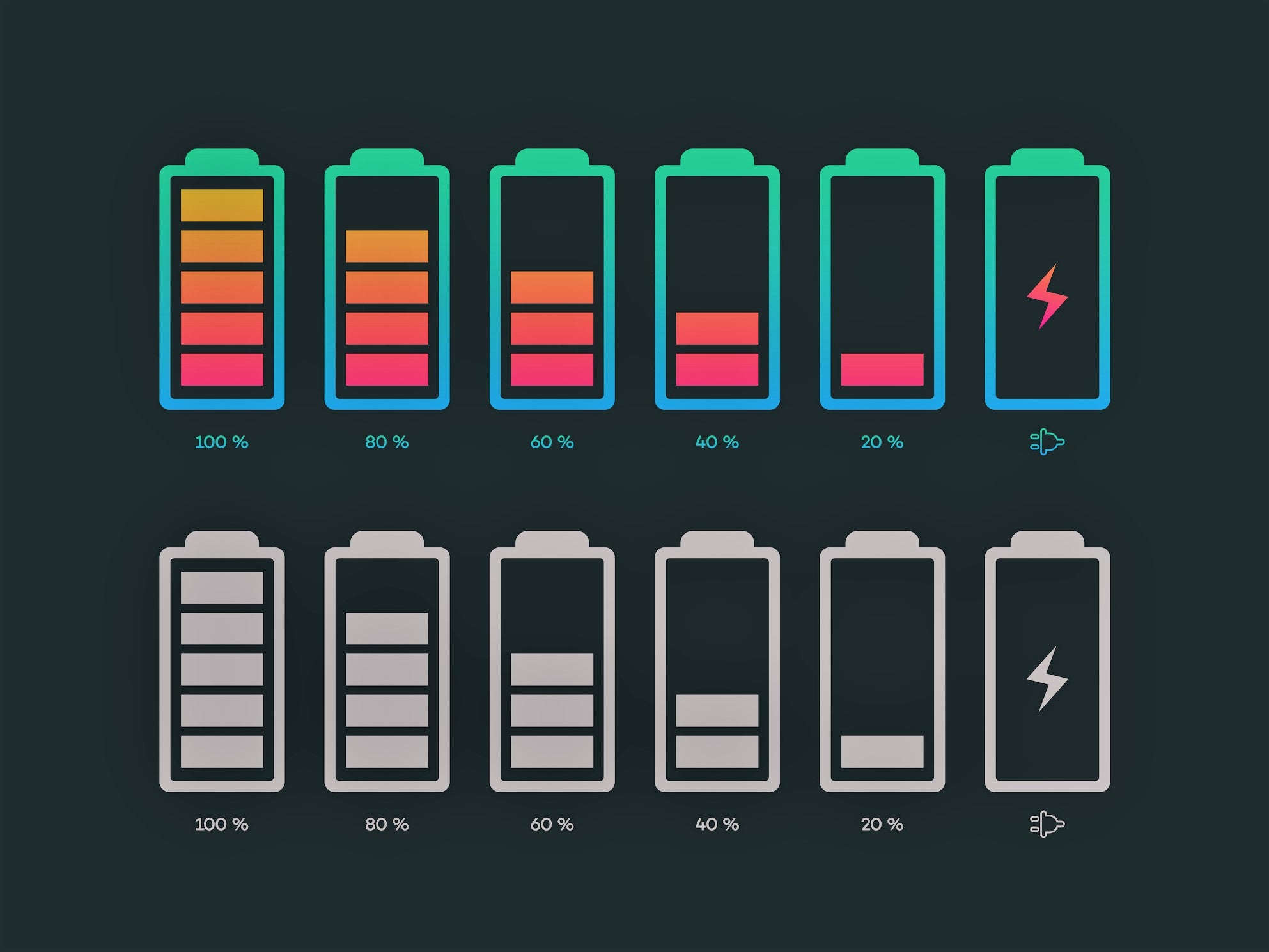Battery design breakthrough could make electric cars safer, cheaper and more environmentally sustainable
Zinc-ion design addresses safety issues by being non-flammable and ‘aid the transition to a sustainable future’

A battery design breakthrough has opened up the possibility of developing zinc-ion rather than lithium-ion batteries for use in everything from smartphones to electric cars, making them safer, cheaper and more environmentally sustainable.
Researchers from Tianjin University in China discovered a way to improve the performance and cost of aqueous zinc-ion batteries, which until now have been prone to fast performance degradation.
The high performance and reusability of lithium-ion batteries mean they are the standard power source for most rechargeable electronics, however issues with cost, safety and sustainability have led scientists to seek breakthroughs with alternative materials.
Disposable batteries commonly found in less power intensive electronics like TV remote controls and children’s toys are made of zinc, which offer solid performance but poor rechargeability due to electrode corrosion.
The Tianjin University researchers, led by Quan-Hong Yang, realised they could use a new type of electrolyte made of a hydrated zinc salt, in which a small amount of water is able to address the technical issues typically associated with aqueous zinc-ion batteries.
The battery demonstrated excellent performance within a temperature range from -30C to 40C, making them suitable for most everyday electronics, while also being more cost competitive than their lithium-ion counterparts.
They also have the benefit of being non-flammable, as they do not use the same flammable and toxic organic electrolytes that Li-ion batteries contain.
The safety hazards associated with these materials have led to fires involving electric cars and smartphones.
There have been multiple reported incidents of battery-related smartphone fires, either through damage or faulty charging, in recent years, while vehicles made by Tesla and other manufacturers have caught fire in the past if their battery packs are damaged in accidents.

“There is still much to explore,” the researchers note, “but our findings open a way to low-cost and non-flammable organic electrolytes for practical Zn batteries with enhanced sustainability.”
Florencio Santos from the Universidad Politécnica de Cartagena in Spain, who was not involved in the research, said the work “tackled several critical issues of zinc batteries by using a cheap and environmentally friendly electrolyte”.
He added that further enhancing the battery’s performance would make it possible to “produce and implement reliable and affordable batteries to aid the transition to a sustainable future”.
The new design was presented in the scientific journal Nature Sustainability on Thursday.
Join our commenting forum
Join thought-provoking conversations, follow other Independent readers and see their replies
Comments
Bookmark popover
Removed from bookmarks